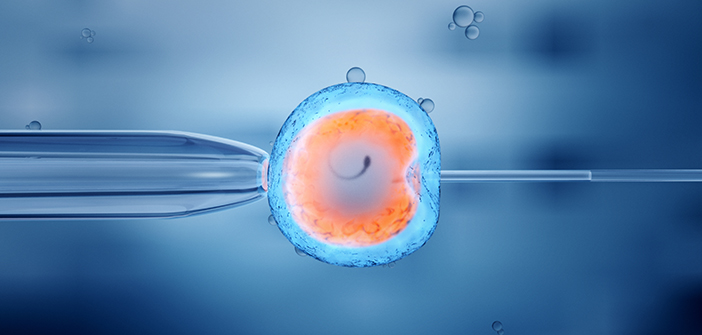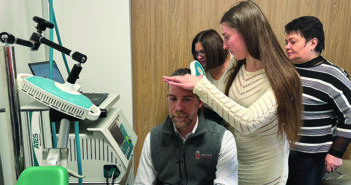A lawsuit seeking damages for the loss of frozen eggs and embryos may have legal and ethical implications.
On March 3, 2018, a liquid nitrogen storage tank at the University Hospitals Fertility Center in Cleveland failed. Eli Adashi, MD, MS, a professor of medical science, characterized the event as a “tragic accident” in which 950 patients lost more than 4,000 frozen eggs and embryos.
However, one couple’s wrongful death lawsuit following the incident, which seeks to establish that embryos should be treated as “persons” under the law, could have “a chain of profound implications for other families,” Adashi says.
In an “Ideas and Opinions” article published on Nov. 20 in Annals of Internal Medicine, Adashi and co-authors I. Glenn Cohen, JD, a professor of law at Harvard, and Dov Fox, JD, PhD, a professor of law policy and bioethics at the University of San Diego, wrote about the potential implications should the Ohio court hearing the case rule in favor of the couple. They argue that a ruling in favor of the plaintiffs could lead to limits on abortion, stem cell research, and in vitro fertilization (IVF).
“It would be a sad irony if a legal claim aimed at protecting the rights of those who lost their ability to reproduce had the effect of limiting the reproductive rights of countless others,” the authors wrote.
The plaintiffs in the case, Wendy and Rick Penniman, are challenging a legal precedent in Ohio establishing that “a fetus that is not yet viable is not a ‘person’ under its wrongful death law,” the authors wrote. The challenge is based on “the grounds that the ‘life of a person begins at the moment of conception,’” the article notes.
A ruling that embryos are “persons” could be used as grounds to limit abortion rights, the authors say, as well as to potentially restrict research on embryonic stem cells. There could be implications for the future of IVF as well.
“IVF would be significantly compromised,” Adashi says. “If a clinician were to freeze embryos, and some do not survive the process, how would that be dealt with? Would that be manslaughter? One needs to view this suit in that context. The implications are of national interest. They go beyond the pro-life/pro-choice debate and reach into the very conduct of IVF and other fertility promotion techniques.”
Continue reading here.




